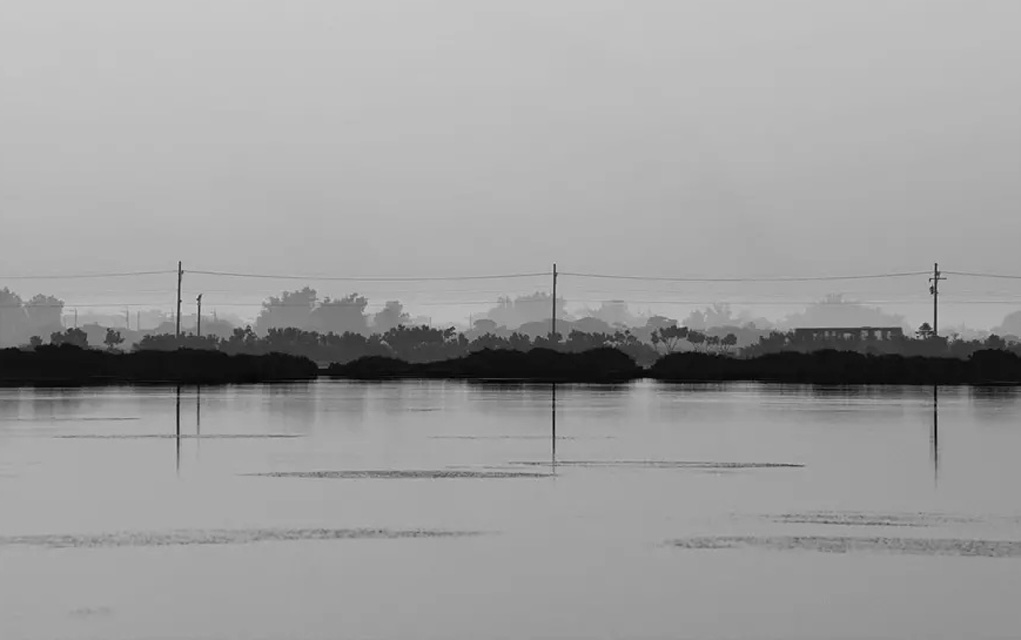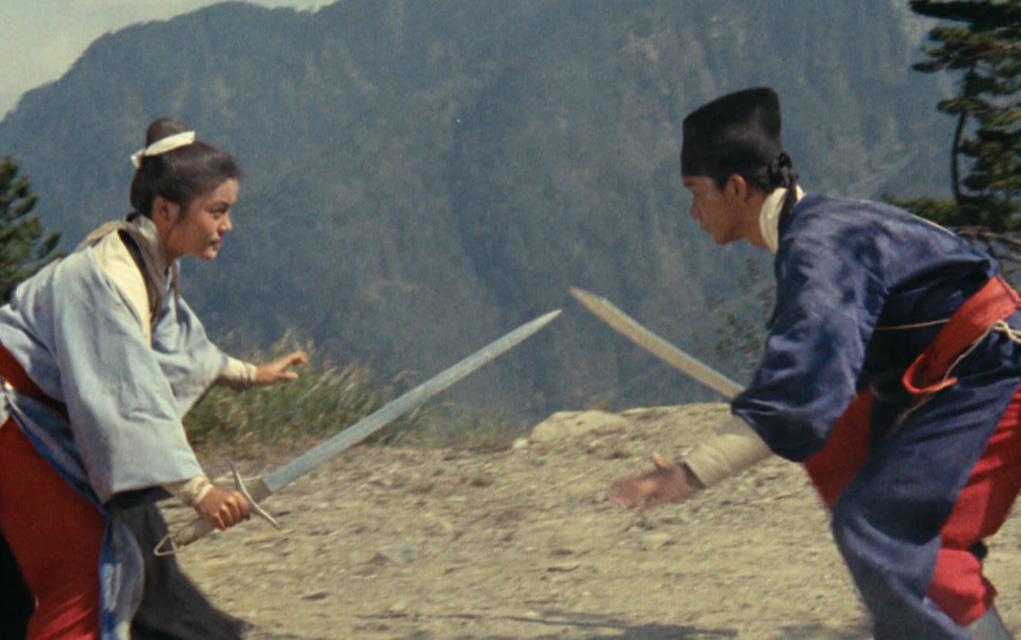
The landscape of China is changing.
“There’s a lot of environmental change in terms of building and demolition,” professor Evelyn Shih tells Boulder Weekly. “But also in terms of environmental destruction that people are starting to pay attention to, and really be hurt by.”
Filmmakers and audiences are starting to pay attention as well, which is why Shih, an assistant professor of Chinese at the University of Colorado Boulder, put together a series of six movies to play at CU’s International Film Series (IFS) Oct. 20-30: Dragon Inn, Goodbye Dragon Inn, The River, The Great Buddha+, Crosscurrent and Kaili Blues.
Shih points out these changes are happening all over China: “Not just around factory towns, but also in the sort of monumental architecture that’s going up.”
One of the reasons for this sudden wave of expansion: the 2008 Beijing Olympics.
“All of these old neighborhoods [were] getting torn apart and paved over in the name of creating this shiny appearance for the Olympics,” Shih says.
That trend continues to this day and is still a part of the cinematic discourse. Both The Farewell and Ash is Purest White from this year use China’s shifting landscape as a way to emotionally displace their lead characters.
This trend in Chinese cinema certainly isn’t new, but it isn’t that old either. The roots of Shih’s selections trace back to 2006’s Still Life from filmmaker Jia Zhangke — director of the aforementioned Ash is Purest White.
Set in Fengjie on the Yangtze River, Still Life looks at the destruction of a town upstream from the massive Three Gorges Dam. Shih tried hard to get Still Life for the series but couldn’t. Luckily, a distributor Shih and IFS director Pablo Kjølseth were working with suggested Crosscurrent as a worthy replacement.
“[It’s] about the [Yangtze], and about traveling down the river, and the various environments you hit as you go down,” Shih explains. “Not just the actual space of that geographical entity, but also the trope of what the river means in literature and poetry and art.”
As Shih explains, Crosscurrent is “a bit of a different take,” one that would be difficult to see in Colorado if not for Shih’s series, IFS and a helpful distributor.
Crosscurrent also employs a familiar theme in contemporary Chinese art-house cinema: strong, poetic documentary aesthetics.
“There’s a kind of trend toward documentary realism, even among fictional films, coming out of a very strong independent digital video documentary scene,” Shih says. “[They are] trying to capture a certain angle on all of these realities.”
That is most evident in Kaili Blues, the debut of young and assured director Bi Gan — whose follow-up, Long Day’s Journey Into Night, is easily one of 2019’s best.
But Shih’s series isn’t just about physical environments; it’s about aural ones as well. Soundscapes in cinema are one of the topics of Shih’s graduate class, Environmental Media — the basis of IFS’ series. And as Shih says, her class draws heavily on Taiwanese film The River, from master Tsai Ming-liang.
Lyrical in execution and existential in nature, The River employs a soundscape of rivers and rain that transports you inside the movie. As Shih says, “[It’s] like the noise you kind of walk around in.”

The same goes for The Great Buddha+, a stark black and white punk picture of southern Taiwan that utilizes dashboard cameras, and people watching dash-cams, as a narrative device.
“Because [the dash-cam is] pointed straight ahead, the sounds they’re listening to are from inside the car,” Shih explains. “You can’t see the people talking. … You’re forced to absorb it, completely, through the medium of sound.”
As the saying goes, a work of art is a mirror the artist holds up to society. And considering how ubiquitous mechanically reproduced images and sounds are in this century and the last, it only makes sense that the mirror reflects images of people watching and listening.
It’s in The Great Buddha+, and it’s in Goodbye Dragon Inn, a movie set in a dilapidated movie theater during its final screening of Dragon Inn.
“The film is playing in the movie theater, but we never really watch it,” Shih explains. “You just hear the soundtrack of the movie going on in the background as you’re really watching the people who are watching the film.”
And with a clever stroke of programming, Goodbye Dragon Inn will be preceded by the 1967 wuxia classic Dragon Inn from director King Hu.

“[Hu] came out of the Hong Kong studio scene, but he really made his mark by making these martial arts epics,” Shih says.
Set during the Ming Dynasty and featuring acrobatic martial arts and swordplay, Dragon Inn is a little bit like an Eastern Western. And like the Westerns of yore, space and place are integral to the film’s aesthetic.
“[Hu’s] creating this landscape, this idea of ancient China,” Shih says, “that is actually all filmed in Taiwan and Hong Kong.
“Because this was during the Cultural Revolution,” Shih continues, “there’s no way they’re going to go into the [country] of China to film this.”
As Shih says, Dragon Inn “does have the mark of that particular historical moment. And it really has something to say with how you can construct an imagined national space with cinema.”
Over a few days in October, that national space will flicker brightly, and those immersive soundscapes will paint aural murals at the International Film Series.
ON THE BILL: Films From Asia at IFS: ‘Dragon Inn,’ 2 p.m. Sunday, Oct. 20; ‘Goodbye Dragon Inn,’ 7:30 p.m., Tuesday, Oct. 22; ‘The River,’ 7:30 p.m., Wednesday, Oct. 23; ‘The Great Buddha+,’ 7:30 p.m., Monday, Oct. 28; ‘Crosscurrent,’ 7:30 p.m., Tuesday, Oct. 29; ‘Kaili Blues,’ 7:30 p.m., Wednesday, Oct. 30. International Film Series, University of Colorado Boulder, Muenzinger Auditorium, 1905 Colorado Ave.














